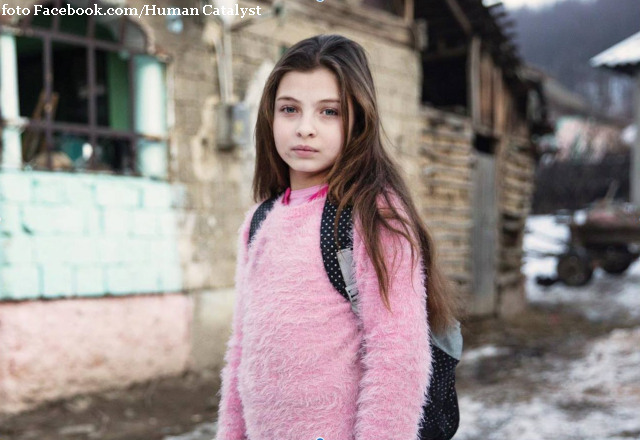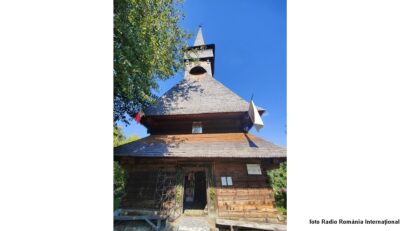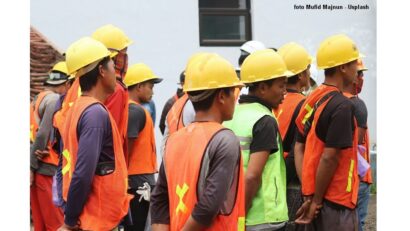The Braila Phenomenon in Romanian Schools
Last year, the media in Romania unleashed a wave of news around the so-called Braila Phenomenon in public education.

Christine Leșcu, 12.06.2019, 14:41
Last year, the media in Romania unleashed a wave of news around the so-called Braila Phenomenon in public education. It started in June, the time when students in state schools who are finishing 8th grade have their national evaluation, which is used to distribute them in high schools, depending on how good their result are. We spoke to representatives of the Human Catalyst organization, an NGO which identified and named the Braila Phenomenon, correlating it with national evaluation results. In Braila county, in the 2016-2017 school cycle, 36.5% of 8th graders did not register for the National Evaluation, the highest percentage in the country. The surprising thing, however, was that the average grade for the students who took the tests was very high, 7.29, the second highest in the country aside from Bucharest. We looked for explanations from Laura Marin, President of the Human Catalyst association for education and social justice:
“The Braila Phenomenon is a practice among teachers in gymnasiums, who select students with weak results in school and do not register them for the national evaluation. As far as I can tell, there are signals that this is also a practice related to the high school graduation national exam, the baccalaureate. Various ruses are used to prevent students to register for these exams. Sometimes, parent-teacher meetings are called, telling the parents of students with low grades that they should not take this evaluation exam. Some parents are threatened by principals that their kids may fail the year altogether if they register. There are various ways in which schools leverage the parents into preventing their kids from taking the evaluation. This is done so that the average grade for the evaluation can be brought up, at the local or national level.”
Laura Marin also told us why the results from the National Evaluation matter so much:
“First, it is the reputation of the individual school to begin with. Schools compete with each other for a classification run by the city or county school inspectorate, and they want to rank as high as possible. The Braila Phenomenon is a handy method to tweak this. It is an easy way to raise their average grading in the evaluation, instead of investing time and resources in training the students for the exam. When a parent selects the high school that their child is supposed to go to, they take into account the average final grade in the National Evaluation reported to the national average, and the ranking of the school in the city or county. This is something that parents think of when registering their kids for high school. This also has an effect on the financing that schools get from the state budget, which is assigned per capita, depending on the number of students in that school.”
Since last year the Braila Phenomenon has been amply exposed in the media, subsequent statistics seem to indicate a reduction. The mechanisms sustaining this scheme seem to have weakened for fear of exposure. In the 2017-2018 school year, the rate of students who did not register for the National Evaluation went down by 4.4% in most counties. The Human Catalyst association has noticed an increase in the percentage of students who graduated 8th grade taking the exams, but they also noticed something else:
“The joy was short lived, before noticing the fact that, event though more students registered for the National Evaluation, the number of students who didnt graduate 8th grade was higher, by almost 10,000. Which means that the Braila Phenomenon has taken on another dimension. Parents are no longer pressed into not having their children register for the evaluation exam. The kids are simply given failing averages in the 8th grade in order to prevent them from being registered for the exams. The means for doing this have simply been changed.”
According to calculations run by Human Catalyst, there was a 70% rise in the number of students who failed 8th grade in 2018, as compared to the previous year, from 13,078 in 2017 to 22,250 in 2018. This figure is unusually high, because it was not justified by the evaluations and grades of the students in their previous school years. At the same time, it is possible that this difference may reflect the real situation in the education system, meaning a sudden worsening of results in 2018 as against 2017, without the effect of the Braila Phenomenon. Laura Marin, however, has grave doubts with regard to that:
“Our data show a huge gap in results from one year to the next. All of a sudden, we have had a surge in the number of students failing the 8th grade. That is not natural. Normally one does not see gaps of that sort. Statistically, they appear when the figures are tweaked directly, at grassroots level. Something happened in order to have a 70% rise in the number of students who did not graduate 8th grade.”
last year, talks were held with representatives from the Ministry of Education related to this, and this year, with the minister of education being changed, parents and NGOs have sent requests for dialog on this topic to the authorities. So far, the existence of the so-called Braila Phenomenon has not been officially acknowledged.






























